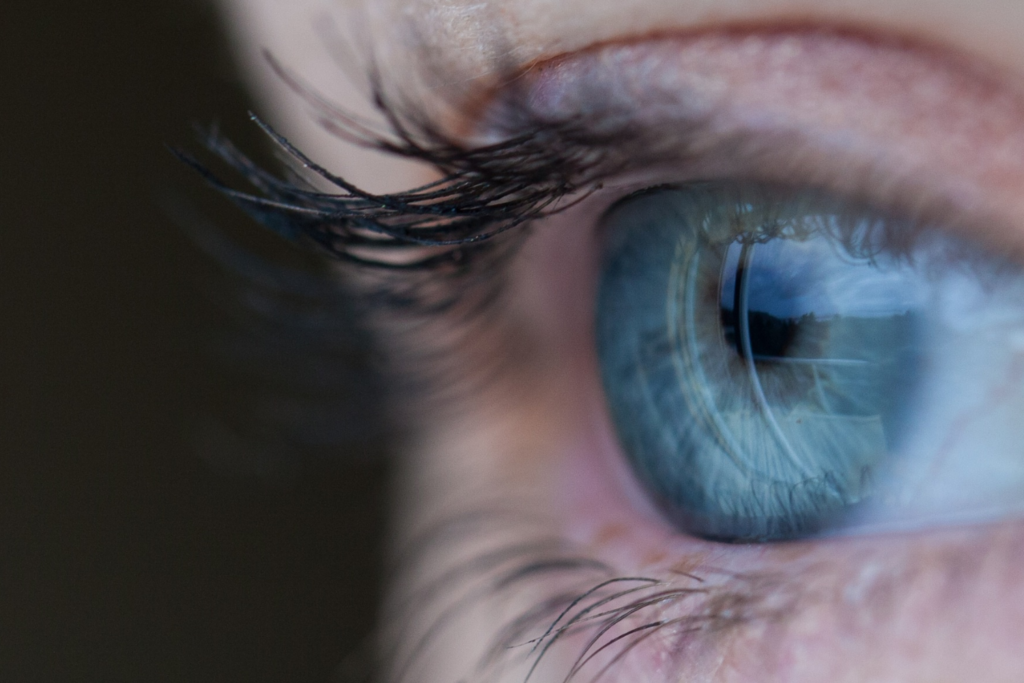Millions of people undergo cataract surgery each year. This makes the focus on a fast and smooth recovery more important. Knowing how to speed up the healing process provides a quicker return to daily routines.
Tips for minimizing cataract surgery recovery time include:
- Wearing sunglasses
- Protecting your eye while you sleep
- Using anti-inflammatory and antibiotic eye drops
- Avoiding bending over
- Not driving
- Refraining from lifting heavy objects
- Don’t swim or use a hot tub
- Avoid rubbing itchy eyes
- Keep your eye clean
- Schedule follow-up appointments
What are Cataracts?
Cataracts are a common eye condition. They’re characterized by the eye’s natural lens becoming cloudy, causing blurred vision. Clouding occurs when lens proteins clump together, preventing light from reaching the retina.
Factors that contribute to cataract development include:
- Aging,
- Genetics
- Exposure to UV radiation
- Smoking
Symptoms include:
- Faded colors
- Glare sensitivity
- Difficulty seeing at night
An ophthalmologist can remove a cloudy lens. It’s then replaced with an artificial lens to restore clear vision. This could be in the form of a premium IOL (intraocular lens) or LAL (light adjustable lens).
This makes it one of the most performed and successful medical procedures globally. Regular eye examinations help detect and manage cataracts early.
Tips to Minimize Cataract Surgery Recovery Time
Cataract surgery is an essential procedure that helps you see better as you age. However, that doesn’t mean you don’t have any responsibilities after your procedure. You must protect your eyes after cataract surgery for the best recovery possible.
1. Wear Sunglasses
Wearing sunglasses after cataract surgery protects the eyes from excessive sunlight. This reduces irritation and promotes faster recovery. The lenses shield the healing eye tissues from harmful UV rays. Discomfort is reduced while a quicker recuperation process is supported.
2. Protect Your Eye While You Sleep
Wear a protective eye shield while sleeping after cataract surgery. This prevents accidental rubbing or pressure, safeguarding the delicate surgical site. Eye protection while sleeping reduces the risk of irritation, infection, and injury. It lets the eye heal undisturbed during crucial times for a smoother recovery process.
3. Using Anti-inflammatory and Antibiotic Eye Drops
Anti-inflammatory and antibiotic eye drops after cataract surgery help manage inflammation. They also help prevent infections. Anti-inflammatory drops reduce swelling and discomfort, while antibiotics prevent bacterial complications. This dual approach ensures a controlled healing environment and minimizes potential postoperative issues.
4. Avoid Bending Over
Avoid bending over after cataract surgery since it helps prevent increased intraocular pressure. This reduces the risk of bleeding or dislocation of the new lens (intraocular lens). It preserves the stability of the surgical site and minimizes potential complications.
5. Not Driving
Avoid driving after cataract surgery to ensure safety and prevent potential accidents. This can be due to temporary visual disturbances or sensitivity to light. Not driving allows the eyes to heal without strain, promoting a faster recovery. It also reduces the risk of complications associated with the initial postoperative period.
6. Refrain from Lifting Heavy Objects
Refraining from lifting heavy objects after surgery. You should also avoid any strenuous activity.
It supports a smoother recovery by:
- Protecting the healing eye tissues
- Minimizing strain
- Promoting optimal conditions for healing
This reduces the risk of increased intraocular pressure and potential complications.
7. Don’t Swim or Use a Hot Tub
Don’t swim or use a hot tub in the initial post-cataract surgery week. This is essential for preventing waterborne infections and minimizing the risk of complications. Avoiding bodies of water and hot tubs creates an optimal environment for recovery. It reduces potential sources of irritation and infection, contributing to a faster and smoother recovery.
8. Avoid Rubbing Itchy Eyes
Avoid rubbing an itchy eye after cataract surgery. This is crucial for preventing:
- Irritation
- Inflammation
- Potential damage to the healing surgical site
Resist the urge to rub the eye for a faster recovery to maintain the integrity of the surgical area. It also reduces the risk of complications and supports the healing process.
9. Keep Your Eye Clean
Be sure to keep your eye free from grime, dust, dirt, or wind in the initial weeks after cataract surgery. This step is vital for preventing eye irritation and potential infections.
It helps maintain a clean and controlled environment for:
- Healing
- Reducing the risk of complications
- Promoting a smoother and quicker recovery
10. Schedule Follow-Ups
Your follow-up appointment for the day after is an important step in the recovery process. surgery allows for early assessment of postoperative conditions. This prompt evaluation helps detect and address any emerging issues, ensuring optimal recovery. Your eye doctor can adjust the treatment plan, contributing to a smoother recovery. It also helps clarify what to expect after cataract surgery.
What to Expect During Cataract Surgery Recovery
You should be able to watch television and use a computer a few hours after discharge. Be sure to follow your ophthalmologist’s instructions for the best recovery possible. Sometimes both eyes need cataract surgery. In this case, you’ll wait several weeks for the first eye to recover before the next procedure.
After cataract surgery, patients can expect a relatively quick and straightforward recovery process. Mild discomfort and blurry vision are common, but these improve within a day or two. Eye drops are typically prescribed to prevent infection and aid healing.
Full recovery varies, with most experiencing noticeable improvements in vision within a week. Follow-up appointments with the surgeon ensure proper healing.
Possible Side Effects of Cataract Surgery
Cataract removal surgery is one of the safest surgeries you can undergo. It’s also one of the most common surgeries in the United States performed at almost 3 million per year. But like any medical procedure, it carries potential risks.
Common side effects include:
- Temporary blurred vision
- Light sensitivity
- Mild discomfort
Some complications require contacting your eye doctor. Serious problems, though rare, may include:
- Infection
- Bleeding
- Severe inflammation
Additionally, some individuals may experience increased intraocular pressure or develop posterior capsule opacification. This will require additional treatment.
Discuss individual health factors and potential risks with your ophthalmologist before surgery. This ensures a personalized assessment of the benefits and possible side effects.
Do you need cataract surgery in Knoxville, TN? Contact us today to schedule your appointment!
Cataracts are when proteins clump together, obstructing light to the retina. Protective measures aid recovery after cataract surgery, including wearing sunglasses. Eye shields, anti-inflammatory drops, and avoiding activities that strain the eyes also help. Follow-ups are vital for monitoring and ensuring optimal healing. Cataract surgery is generally safe, with noticeable improvements within a week. However, potential risks exist that may require seeing your doctor.
Baptist Eye Surgeons is an ophthalmological practice in Knoxville, TN, Morristown, TN, and Sevierville, TN. Call us at 865-579-3920 for more information or to schedule an appointment.
*This post has been updated since it was first published in November 2017 for clarity and comprehensiveness.







